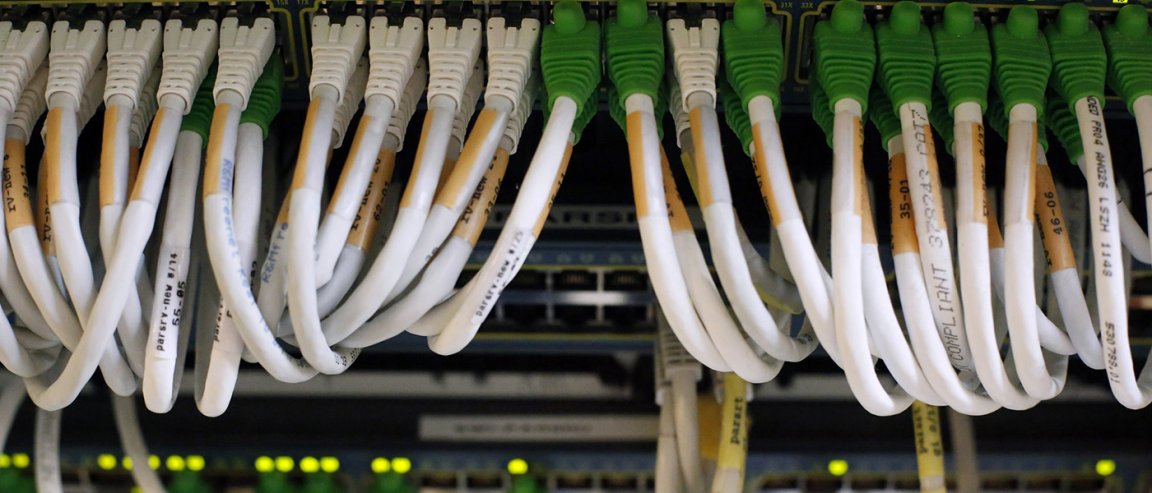
Not-So Open Internet?
Change is coming to the internet, and it has a face. Ajit Pai, newly-appointed chairman of the Federal Communications Commission (FCC), released about a dozen actions in the last week that overturn several of the FCC’s more consumer-friendly policies. In particular, analysts say that these steps are all aimed at eventually taking down net neutrality.
Perhaps the most celebrated victory for internet freedom, net neutrality or the Open Internet rule, was approved by the FCC in February 2015 and has been in effect since June of the same year. At its core, net neutrality is a policy that prevents internet service providers (ISPs) from blocking, throttling, or prioritizing internet traffic. It gives people equal access to web services, and is not limited by the user, the content, or the platform.
The FCC’s website notes net neutrality is “designed to protect free expression and innovation on the Internet and promote investment in the nation’s broadband networks.” Net neutrality applies to both fixed and mobile broadband service, made possible by a federal court ruling that classifies internet service as a utility. Essentially, it’s a rule that safeguards the individual’s free and equal access to the internet.

The Rule of Pai
The twelve actions that Pai released just last week put net neutrality at risk. The FCC under Chairman Pai prevented nine ISPs from giving discounted high-speed internet to low income consumers by denying these companies federal subsidies – part of the FCC’s Lifeline program. At the same time, Pai ended investigations into zero-rating practices by wireless carries, scrapping the proposal to break open cable set-top boxes.
“With these strong-arm tactics, Chairman Pai is showing his true stripes,” said Matt Wood, consumer group Free Press policy director. “The public wants an F.C.C. that helps people,” he added. “Instead, it got one that does favors for the powerful corporations that its chairman used to work for.”
The New York Times reports that the FCC chairman said he disagrees with the federal court ruling that classified the internet as a utility. This, supposedly, is the legal framework for net neutrality. So, should we expect Pai to eventually scrap net neutrality? Some lawmakers seem to think so.
“The key here is that it’s already been tested in the courts and the court upheld this,” said Representative Anna G. Eshoo, (D-California). “Ajit Pai is intelligent and genial, but he is not on the side of consumers and the public interest.”
Forbes’ Magazine’s Larry Downes seems more optimistic though, as he thinks Pai isn’t completely against net neutrality. “I support the four Internet freedoms, and I am committed to protecting them going forward,” said Downes, quoting Pai’s 2014 statement when net neutrality was still being debated.
However, the new FCC chairman’s recent actions speak louder than his words. As of the moment, things seem to be moving towards a weakened version of net neutrality or doing away with it altogether. As FCC sitting member Mignon Clyburn said: “Rather than working to close the digital divide, this action widens the gap.”